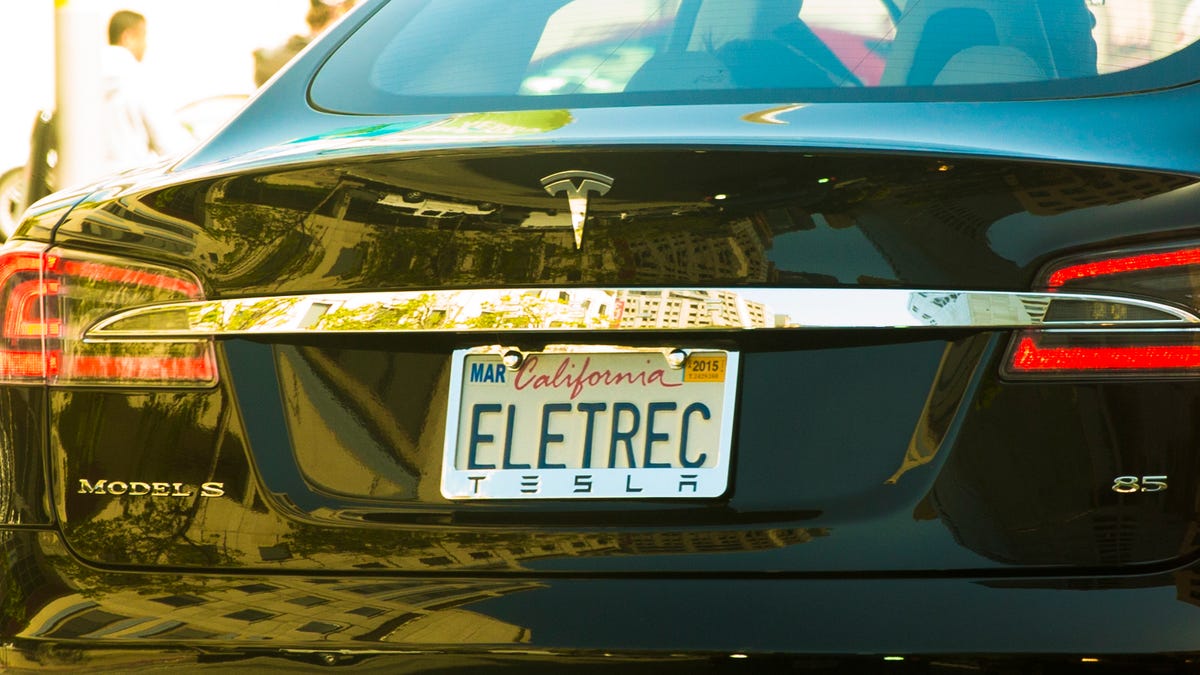Dear John, Los Angeles wants to shame you with your license plate
A proposed measure would send letters to drivers caught in areas typically rife with prostitutes.

"Innocent until proven guilty" may fly in court, but it won't be a free pass if a significant other reads a letter about how you were caught driving down Solicitation Avenue.
Be careful where you drive, lest you arrive home one day to a very awkward situation. That's the lesson to learn from a proposed LA City Council measure that would utilize plate-scanning equipment to send letters of warning to individuals driving through areas known primarily for criminal solicitation.
The system is relatively simple. Plate scanners will read license plate numbers as cars drive down specific streets. The city would then mail letters to the addresses associated with those plates, warning about the problems those streets face and advising potential solicitors to stay away.
The trouble is, these letters don't discriminate between actual johns and, say, drivers that took a wrong turn. Even worse, CBS Los Angeles points out that the letters could be opened by family members, which could lead to a huge misunderstanding if the plate reading was, in fact, due to a wrong turn. The driver doesn't need to actively solicit in order to end up on a list of potential criminals.
The policy is not yet in effect, but already, privacy concerns are rampant. It's troubling not only because of the scale of plate-scanning, but also because it is labeling all traffic as potentially criminal, which flies in the face of the idea of "innocent until proven guilty," as a Washington Post blogger notes.
Los Angeles City Council member Nury Martinez issued a statement on the plan: "If you aren't soliciting, you have no reason to worry about finding one of these letters in your mailbox." While this may be true, it won't make subsequent explanations any easier.

